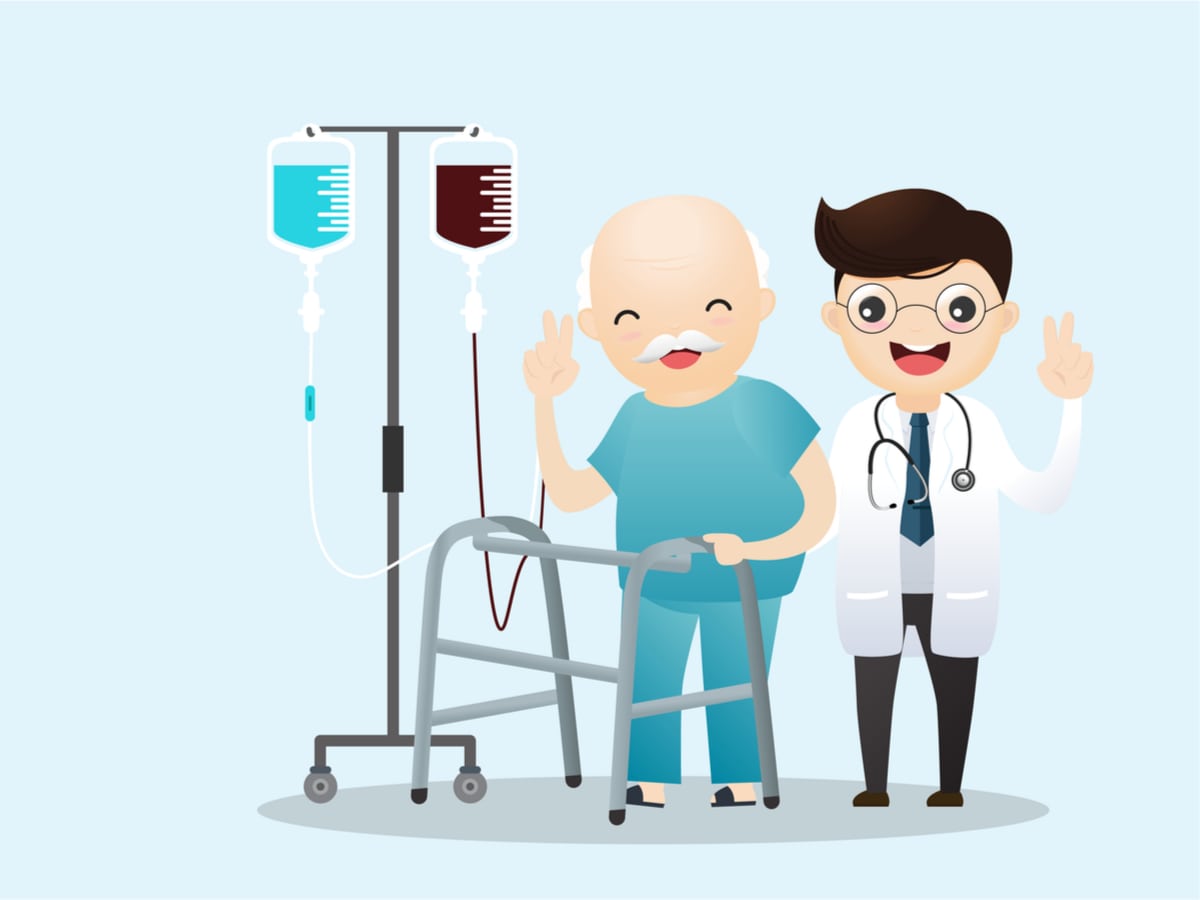
Synthetic Control Arms: Reducing the Need for Placebo Groups in Clinical Trials
The traditional model of randomized controlled trials (RCTs), long considered the gold standard in clinical research, faces growing scrutiny—especially from patients with serious or rare conditions who are reluctant to risk being assigned to placebo groups. In this context, Synthetic Control Arms (SCAs) are emerging as an innovative and ethical alternative, offering a new approach to clinical trial design that reduces or even eliminates the need for placebo groups.
What is a Synthetic Control Arm?
A Synthetic Control Arm is a statistical construct that uses historical patient data, such as electronic health records (EHRs), clinical registries, and previous clinical trial data, to create a comparative group for a treatment under investigation. Instead of assigning a control group that receives a placebo or standard of care, researchers compare outcomes from the treatment group with the synthetic control data.
This model leverages real-world evidence (RWE) and machine learning techniques to simulate how a comparable patient would have responded without the new treatment—offering a more patient-centric and efficient way to conduct trials.
Why the Shift Toward Synthetic Control Arms?
-
Ethical Considerations
Assigning critically ill or terminal patients to placebo groups raises serious ethical concerns. SCAs allow these patients to receive potentially beneficial treatments without compromising scientific integrity. -
Improved Recruitment and Retention
Trials that guarantee active treatment arms tend to attract more participants and see higher retention rates, especially in oncology, rare diseases, and pediatric studies. -
Cost and Time Efficiency
SCAs reduce the number of participants needed, streamline trial logistics, and potentially cut down time to market—an advantage for both sponsors and patients. -
Maximizing Existing Data
With vast datasets available from previous trials and real-world sources, we can now extract meaningful comparisons without duplicating efforts or subjecting more patients to controls.
Real-World Applications and Case Studies
Several regulatory bodies, including the U.S. FDA and EMA, have started to accept evidence from synthetic control arms—especially in cases where RCTs are not feasible.
-
Oncology Trials: Flatiron Health and Friends of Cancer Research have demonstrated the use of SCAs in advanced non-small cell lung cancer, leading to comparable efficacy data and faster trial execution.
-
Rare Diseases: For ultra-rare disorders like spinal muscular atrophy, synthetic controls help overcome recruitment challenges by using natural history studies as comparators.
-
COVID-19 Research: During the pandemic, synthetic controls were used to expedite vaccine and therapeutic trials by comparing real-world patient outcomes with those of treatment cohorts.
Challenges and Limitations
While SCAs offer transformative potential, their implementation comes with challenges:
-
Data Quality and Standardization
Inconsistent or incomplete datasets can undermine the validity of synthetic controls. Ensuring high-quality, well-curated data is essential. -
Bias and Confounding
Without randomization, SCAs are more prone to selection bias and confounding variables. Advanced statistical techniques and transparency are critical to address these issues. -
Regulatory Acceptance
While progress is being made, SCAs are not yet universally accepted across all therapeutic areas or by all regulatory bodies. Clear guidelines and ongoing collaboration are needed.
The Future of Clinical Trials
Synthetic Control Arms represent a paradigm shift in the way we design and conduct clinical trials. As we move toward precision medicine and patient-centric research, SCAs offer a scientifically robust and ethically sound approach to accelerate innovation without compromising on quality.
Technological advancements in AI, natural language processing, and real-world data integration are making SCAs more accessible and reliable. As a result, they are likely to become an increasingly important component of modern clinical research, particularly for areas where traditional control arms are infeasible or unethical.
The integration of Synthetic Control Arms into clinical trials is not just a technological evolution—it’s a compassionate response to patient needs. By reducing reliance on placebo groups, we can conduct more humane, efficient, and scalable trials, ultimately bringing better treatments to those who need them—faster and more ethically.


























































